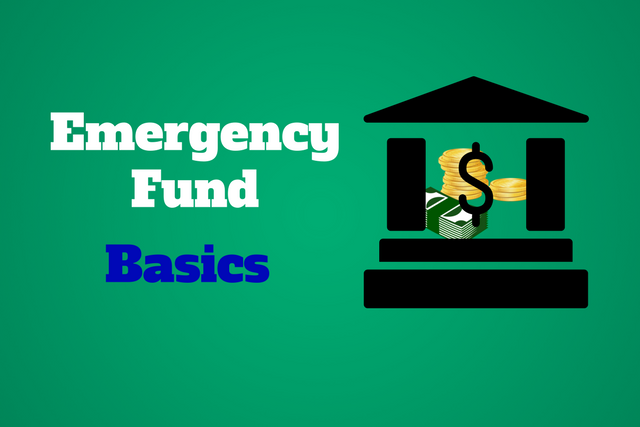5 Ways Fintech Can Help Your Business

Small businesses can easily suffer financial challenges, especially during this trying time. It can be difficult to stay above water. Difficulties small businesses have had to face in the last years have been securing funds for expansion and credit availability.
In fact, 60% of businesses received less money than they applied for in 2019. Innovations in financial technology (fintech) can help small businesses grow and thrive. Fintech can help your business with different areas including funding, payments and transfers, and financial reporting. Here are some examples of what fintech can do for your business.
1) Alternative Payments and Tracking
Innovations in technology allow payments and money transfers to be made remotely. Apps such as Square and Paypal have been making business owners’ lives easier for a while now. Recently there’s been a new trend in account to account payments.
Companies have a few business accounts in order to keep company transactions organized. Being able to stay on top of all the accounts helps to improve speed, security, and efficiency. Having a single dashboard for a variety of accounts, Open Banking is another example of financial innovation. Advances in artificial intelligence and security mean that business owners can receive an overview of accounts from different banks at the same time.
2) eCommerce
Fintech makes it easier for small businesses to open online shops. Platforms such as Shopify and BigCommerce make it easier for you to sell your products or services online. Many small businesses also become affiliated with Amazon and the FBA campaign. It’s never been easier to sell your business online.
There are dozens of eCommerce platforms to choose from that offer dedicated support for your business. They make it easy to set up your online shop, take payments and monitor inventory.
3) Funding
Financial technology also makes getting a business loan much quicker and easier. You can apply online using mobile apps which will usually provide a quote in minutes. It’s a lot easier than making an appointment at the bank.
For startups and small businesses, there are plenty of equity and crowdfunding options. Some examples of these include Crowdfunder, NetCapital, and SeedInvest. PayPal also is reported have given out billions in small business loans.
4) Accounting
Platforms for accounting help you keep your finances organized even though you don’t have an accounting degree. The most famous probably being Quickbooks. It offers cloud-based services for small businesses, including business payments, bills, and payroll.
It’s also an easier way to keep track of your taxes and deductions. You can access all aspects of your finances from your smartphone or device, anywhere with an internet connection.
5) Customer Engagement
Data analytics and marketing software allow small business owners to engage more with their client base. As your business grows it may be more difficult to keep track of all your transactions. Customer relationship management technology is equipped to deal with big data and interact with your fintech platforms.
This is an example of how a digital marketing tool helps you analyze your clients and their preferences. It also allows you to understand your key demographic and make better sales predictions.
Fintech provides a lot of advantages to small businesses. It will also save you money by increasing workforce productivity and decreasing time wasted on practical tasks. Look for companies that can provide you with all-round financial technical support.






Responses